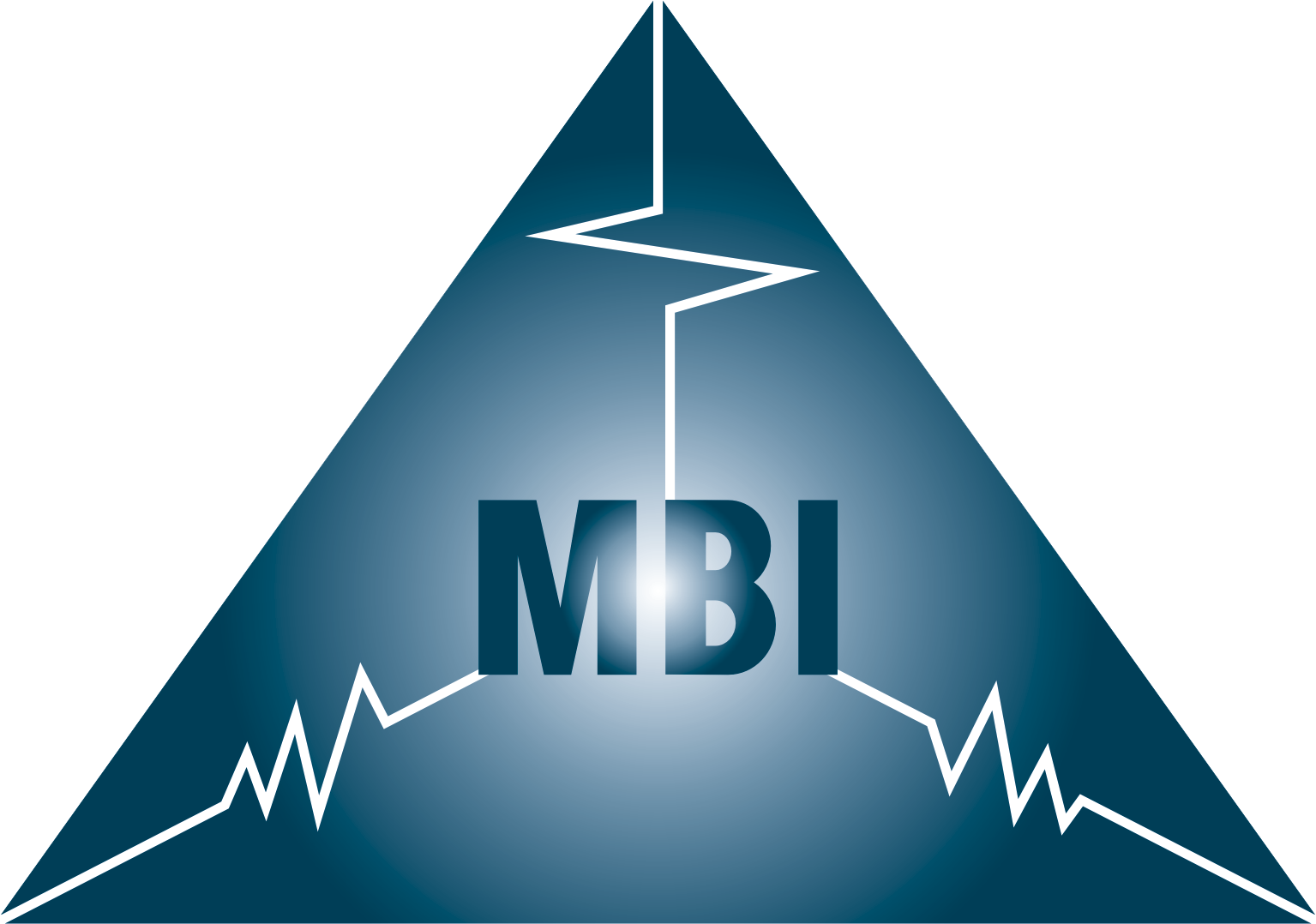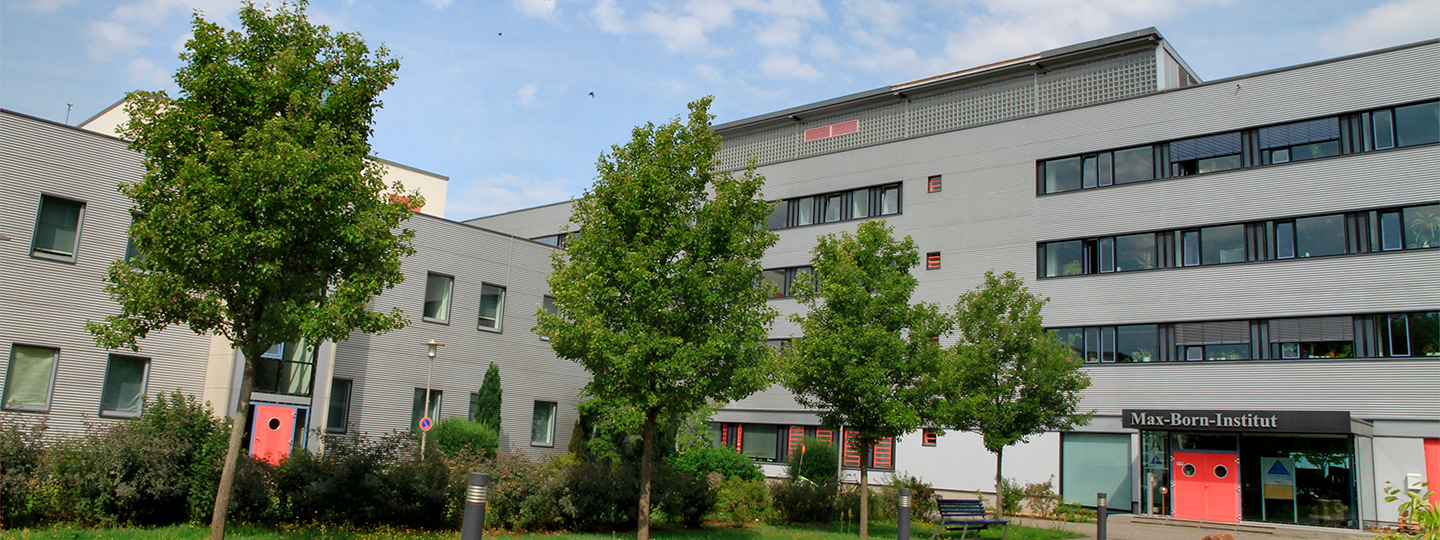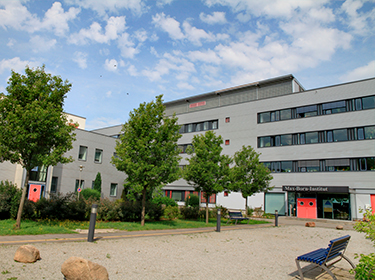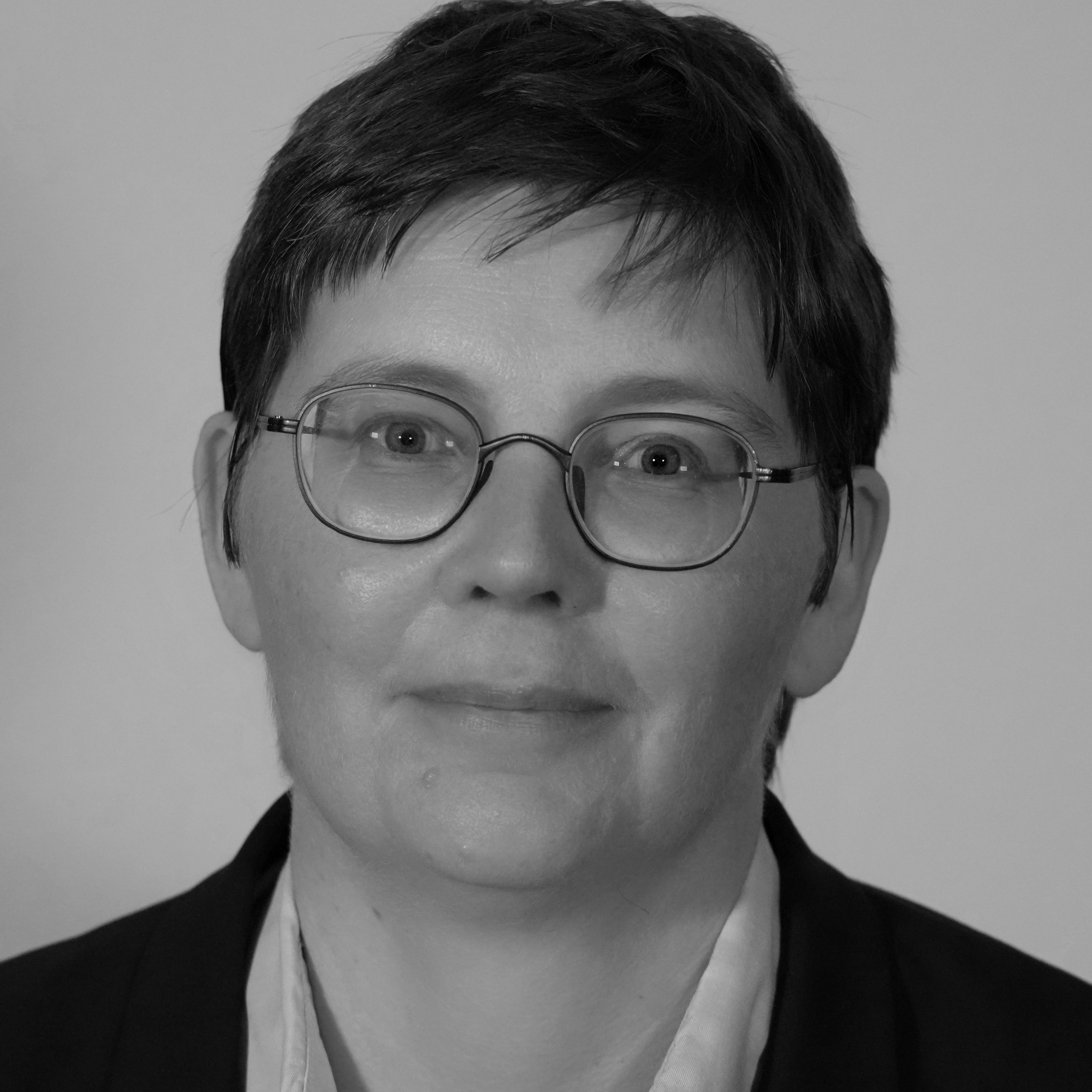MBI

Max Born Institute for Nonlinear Optics and Short Pulse Spectroscopy
The Max-Born-Institute (MBI) conducts basic research in the field of nonlinear optics and ultrafast dynamics arising from the interaction of light and x-rays with matter, and pursues applications that emerge from this research. It develops and uses ultrafast and ultra-intense lasers and laser-driven short-pulse light sources in a broad spectral range from the THz regime to hard x-rays. Investigations making use of pulses from synchrotron radiation sources and free electron x-ray lasers in combination with optical lasers complement the scientific program.
Research Program
The research program focusses on light-matter interaction in a variety of systems with an emphasis on optically induced non-linear effects and the observation and control of fast and ultrafast dynamics. Such investigations allow to access microscopic interactions and structures which govern the physical properties of atoms, molecules, plasma, liquids and solids as well as the surfaces of the latter.
In this context, laser systems are both the primary tools for research as well as objects of investigation in themselves. The understanding and exploitation of nonlinear light-matter interaction is a key theme of the laser research: on the one hand the emphasis lies on light sources with high average power and on the other hand on ultrashort few-cycle pulses in the whole spectral range from far infrared to hard x-rays.
MBI is organized in three divisions, headed by directors with joint appointments at one of the Berlin universities. The divisions and their areas of competence are Attosecond Science (Div. A), Transient Electronic Structure and Nanoscience (Div. B), and Nonlinear Processes in Condensed Matter (Div. C). Experiments are complemented by theoretical description and simulation of light-matter interaction. The research program bundles the different expertise for joint research projects.
MBI is involved in a large number of cooperative research projects with universities, other research institutions and industrial partners on a national and international scale. It offers its facilities and its scientific know-how also to external researchers within the framework of an active guest program.
Directors
Staff
220
Total budget (in million euro)
24.6
Institutional Funding
18.6
Third-Party Funding
5.5
plus project flat rate
0.5
As of 31 December 2025






